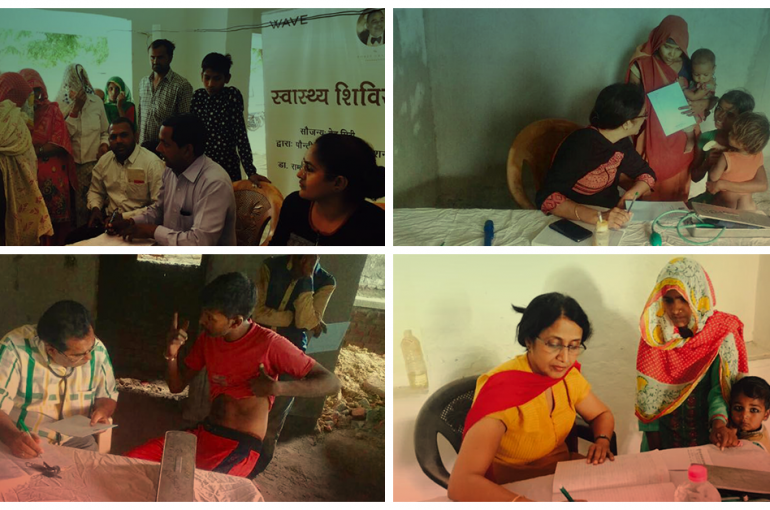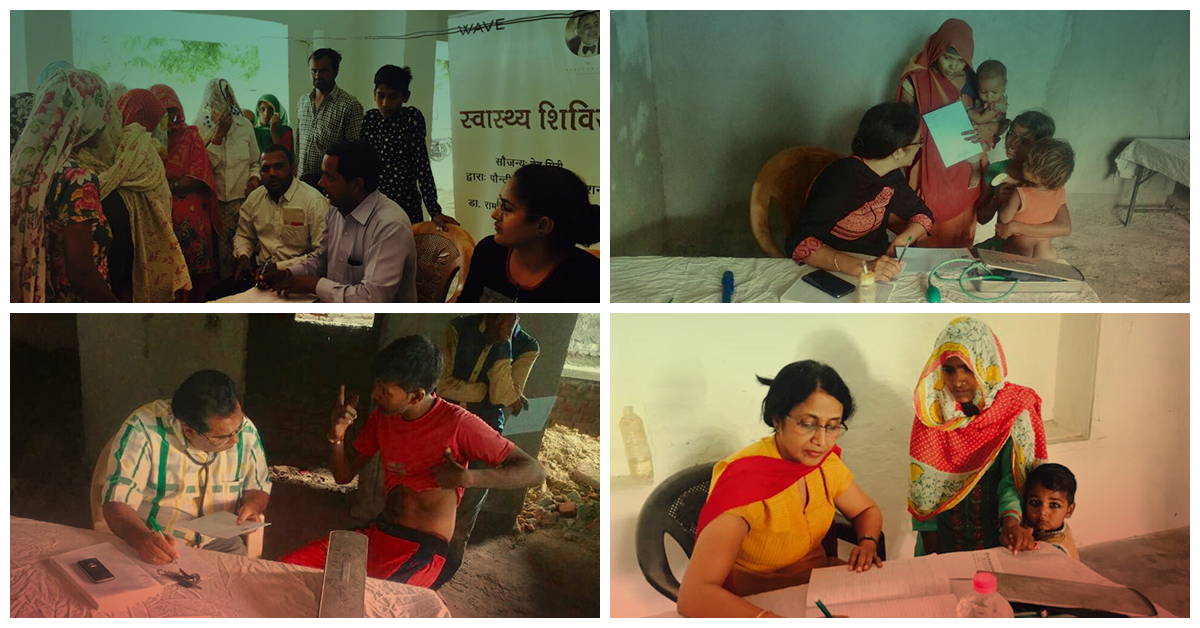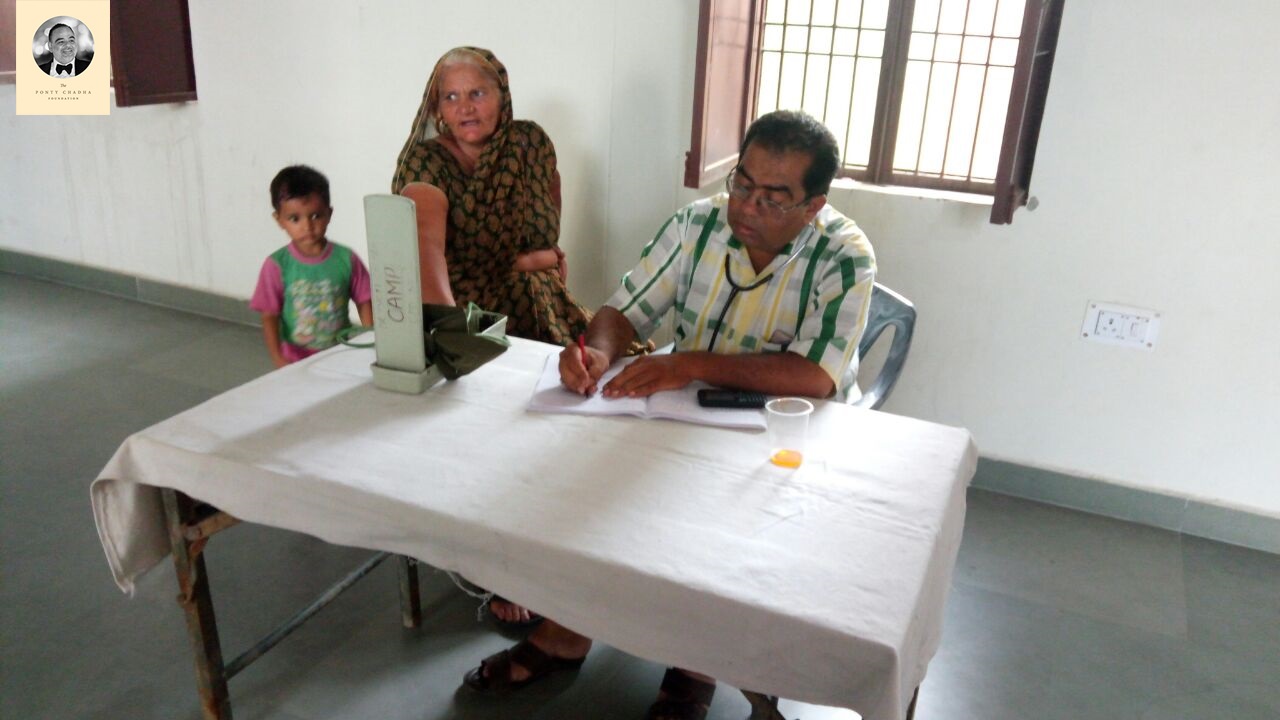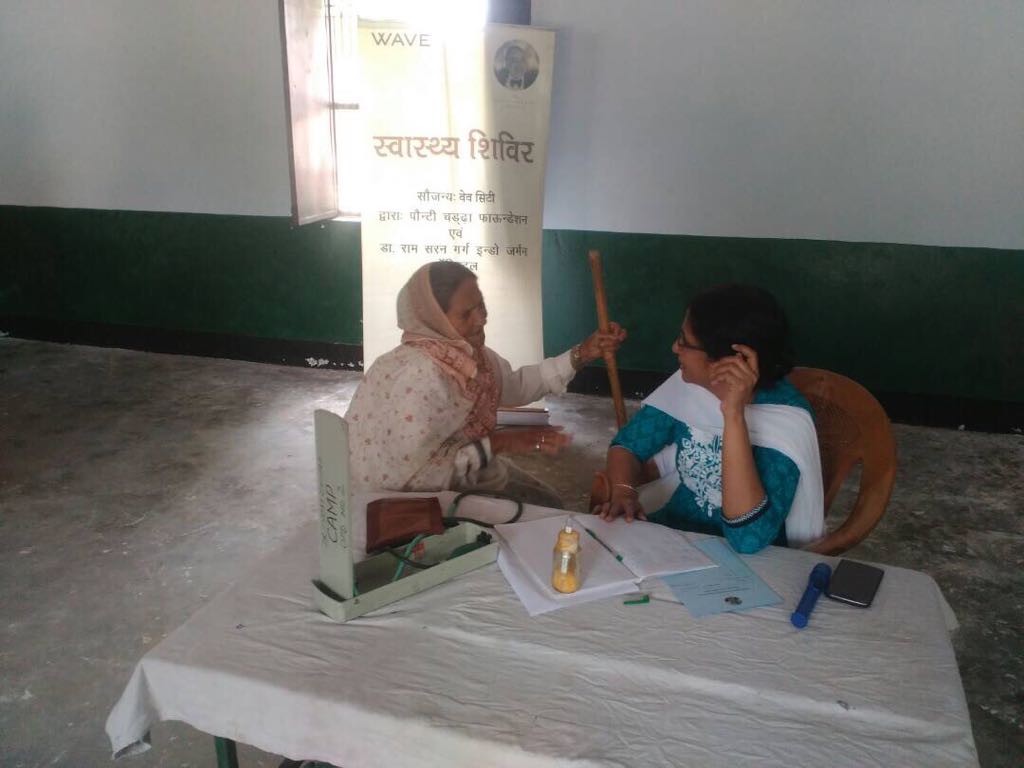Primary Healthcare: A Necessity For The Nation
Primary Healthcare: A Necessity For The Nation

Health is a fundamental human right and a worldwide social goal. Health is necessary for the realization of basic human needs and to attain a better quality of life. Improving the quality of growth is an important goal of the development archetype in many countries. Better health, education, equal and wider job opportunities to all, sustainable and cleaner environment, dignity, self-esteem and life security, among others, are key manifestations of the quality of growth.
 There are 1.4 million doctors in India, yet we have failed to reach our health development goals. The healthcare system of India is lacking in three factors related to access to healthcare: provision, utilization, and attainment. Provision or the supply of healthcare facilities can lead to utilization, and finally attainment of good health. However, there currently exists a huge gap between these factors leading to a collapsed system with insufficient access to healthcare.
There are 1.4 million doctors in India, yet we have failed to reach our health development goals. The healthcare system of India is lacking in three factors related to access to healthcare: provision, utilization, and attainment. Provision or the supply of healthcare facilities can lead to utilization, and finally attainment of good health. However, there currently exists a huge gap between these factors leading to a collapsed system with insufficient access to healthcare.
Differential distributions of services, power, and resources have resulted in inequalities in healthcare access. Access and entry into hospitals depends on gender, socioeconomic status, education, wealth, and location of residence (urban versus rural). Furthermore, inequalities in financing healthcare and distance from healthcare facilities are barriers to access. Additionally, there is a lack of sufficient infrastructure in areas with high concentration of underprivileged population. Large numbers of tribes and alienated communities that live in isolated and dispersed areas often have low numbers of trained health care professionals. Finally, health services may have a long waiting time or consider ailments as not serious enough to treat. Those with the greatest need often do not have access to healthcare.
The problem of healthcare access arises not just in huge cities but in rapidly growing townships as well. In developing areas there are fewer options available for healthcare services with organized governmental bodies. Thus, there is often a lack of accountability and cooperation in healthcare departments in urban areas. It is difficult to pinpoint an establishment responsible for providing urban health services compared to rural areas where the responsibility lies with the district administration. Additionally, health inequalities arise in urban areas due to difficulties in residence, socioeconomic status, and discrimination against unlisted slums.
There is an urgent need to organise more and more free health camps and checkups in rural areas to help the underprivileged. To ensure a healthy community, the Ponty Chadha Foundation actively organizes free diagnostic health camps for village communities. As part of its CSR program, the foundation, along with Dr. Ram Saran Garg Indo German Hospital, has held over 40 health camps, reaching out to more than 5,200 people in the CSR villages of Sun City and Wave City in Noida and Ghaziabad. Our free health camp had benefited them to a large extent as they get access to medicines for curable problems for which they were never treated before.
To get healthcare into the limelight government has launched an ambitious project, which is perhaps one of the biggest government funded healthcare insurance called Ayushman Bharat, but we as the individuals of the society need to do more to spread awareness in order to restore a healthy society.


